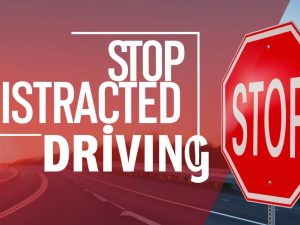Driving Anxiety Reduction Program
- Description
- Curriculum

Young Drivers of Canada’s Anxiety Driving Course is designed to help individuals who experience anxiety while driving to manage their symptoms and become more confident and comfortable behind the wheel.
What Will You Learn?
√ Understanding Anxiety and its TriggersEducation about anxiety, its physical and emotional symptoms, and common triggers related to driving. |
√ Breathing and Relaxation TechniquesTechniques to calm the body and mind, such as deep breathing exercises, progressive muscle relaxation, and mindfulness meditation. |
√ Cognitive Behavioral TechniquesStrategies to identify and challenge negative thought patterns and irrational fears related to driving. |
√ Exposure TherapyGradual exposure to driving situations, starting with less challenging scenarios and gradually progressing to more complex ones. |
√ Safe Driving PracticesInstruction on defensive driving techniques, traffic rules, and handling various road conditions. |
√ Vehicle FamiliarizationBecoming comfortable with the vehicle’s controls, including mirrors, lights, turn signals, and emergency features. |
√ Stress Management StrategiesCoping skills for dealing with unexpected situations, traffic congestion, and aggressive drivers. |
√ Preparation for Common Driving ScenariosSimulated or real-world practice for scenarios like highway driving, parking in crowded areas, merging, and navigating complex intersections. |
√ Distraction ManagementTechniques for minimizing distractions inside the vehicle, such as managing mobile devices and adjusting radio settings. |
√ Problem-Solving SkillsStrategies for making quick decisions in challenging situations, such as avoiding accidents or handling unexpected road closures. |
√ Self-Care and Well-BeingThe importance of proper sleep, nutrition, and exercise for reducing overall anxiety levels. |
√ Ethical ConsiderationsInformation on responsibilities and ethical behavior on the road. |
√ Instructor Support (where available)Access to a trained instructor or therapist who can provide guidance, support, and feedback throughout the course. |
√ Gradual Progression and Positive ReinforcementCelebrating small victories and providing positive feedback to boost confidence and motivation. |
√ Post-Course Support and ResourcesRecommendations for ongoing practice, support groups, or further therapy if needed. |





